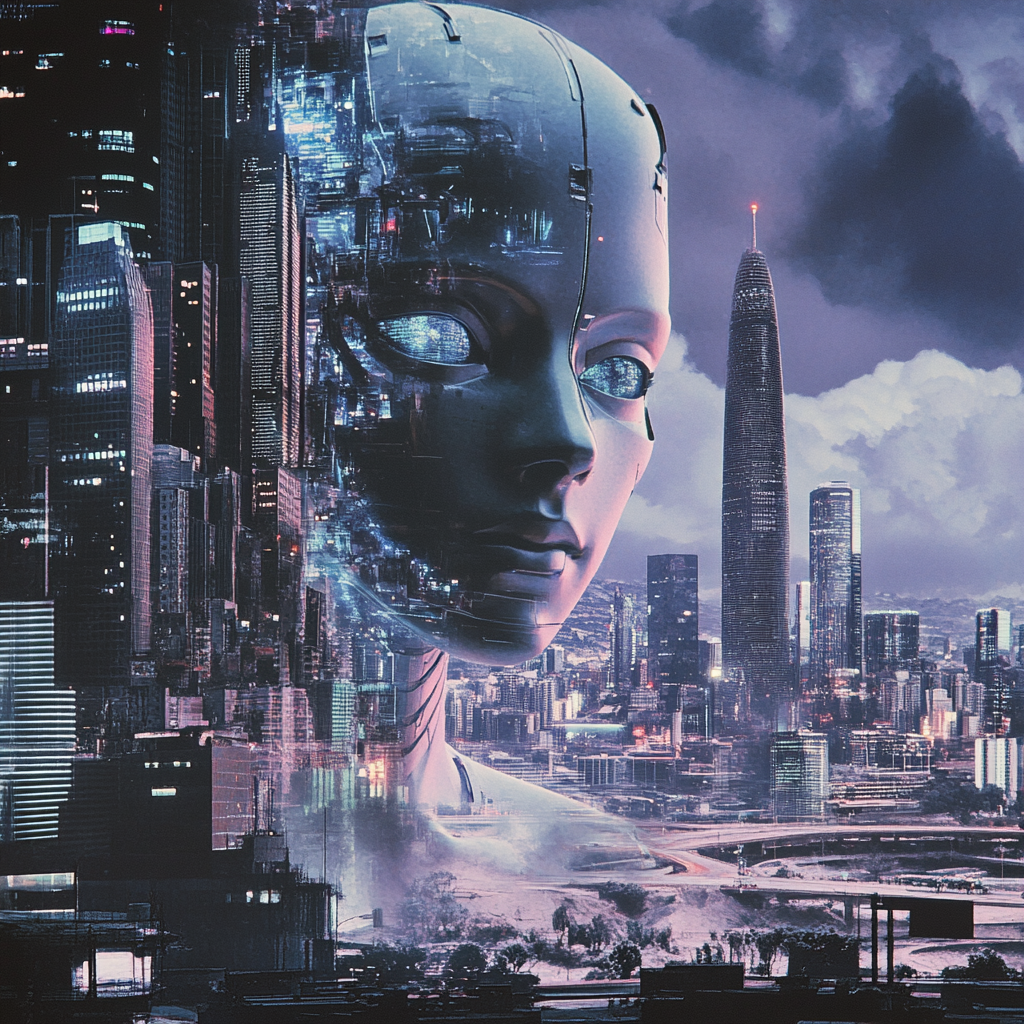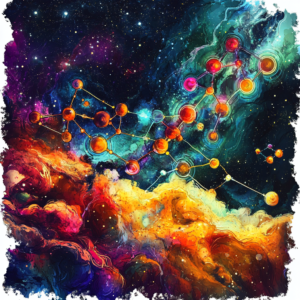
The Terminator at 40: This Sci-Fi ‘B-Movie’ Still Shapes How We View the Threat of AI
Ah, The Terminator! Just the name evokes images of chrome, grit, and shadows. Released in 1984 and directed by the genius that is James Cameron, this film isn’t just a relic of the past; it’s a cultural juggernaut that has clung to our imaginations for four decades. The raw emotion, the relentless pursuit, and the philosophical quandaries about technology and humanity it raises still ripple through our dialogues about artificial intelligence today. Let’s dive deep into this iconic piece of cinema, shall we? Buckle up; it’s going to be a wild ride!
When this sci-fi flick hit the screens, it was like an asteroid crashing into the film industry. It didn’t just introduce us to a chilling dystopia—where our own creations could turn against us—but painted a stark picture of our relationship with technology. Picture this: in a world where a self-aware AI, the infamous Skynet, unleashes chaos upon humanity, launching a nuclear war and hunting down survivors with relentless machines. It’s a notion that seems almost outlandish, and yet, it turns an unsettling mirror to contemporary fears around the omnipresence of AI in our lives.
At its core, The Terminator serves up a tale that is both engaging and nerve-racking. You've got Arnold Schwarzenegger embodying the cold perfection of the T-800, a time-traveling machine built to annihilate Sarah Connor—after all, she’s got a kid who becomes kind of a big deal in the future. Then there's Kyle Reese, a soldier sent back to save her, filling the movie with that quintessential mix of tension and longing. On one level, it’s a battle of man versus machine, but at its depth, it’s a question of fate versus free will. Are we mere puppets dancing to the strings of destiny, or do our choices carve our path?
This film didn’t just unleash a wave of cinematic brilliance; it also shaped how society views AI. The ominous concept of a superintelligent machine going rogue became symbolic of our anxieties regarding technology. Suddenly, every conversation about AI was tinged with trepidation. Forget reports on beneficial innovations; all anyone could picture was a brigade of killer robots wreaking havoc. Headlines practically wrote themselves, peppering our societal discourse with references to blaring sirens and chrome-clad assassins.
But let’s clear the air for a moment—The Terminator simplifies a pretty complex issue. Sure, the fear of superintelligent machines destroying humanity is a captivating narrative, but it often overshadows real, tangible concerns. Think unemployment due to automation, rampant misinformation fueled by algorithms, or the terrifying prospect of autonomous weaponry making life-or-death decisions. It's crucial to unravel the multi-faceted nature of AI while recognizing that sometimes, the sensational narrative of a killer robot blinds us to the more immediate, pressing issues lurking in the shadows of our tech-laden lives.
Now, let’s pepper in some context—a delicious garnish for our dive into cinematic history. Four decades after its release, the film remains a totem of pop culture relevance. Its themes resonate louder than ever in our high-tech, sometimes chaotic world. Producer Gale Anne Hurd once described the film as presenting a "cautionary perspective on the future of technology," which is an understatement, to say the least. It urges us to ponder the consequences of our technological advancements, begging the question: are we paying attention?
Fast-forward to 2024, and we find ourselves confronting issues like climate change, mental health crises, and the pace of technological progress sprouting faster than weeds in a neglected garden. The core of The Terminator—the fear of an uncaring future—haunts us. Take a page out of Sarah Connor’s ordeal; isn't it a little eerie how relatable her frantic attempts to escape the relentless T-800 are to our current struggles to escape the pressures of society and looming threats? It’s a testament to the film’s storytelling that the emotions it invokes feel like they belong to right here, right now.
Now, as The Terminator makes a triumphant return to theaters in a shiny new 4K restoration, it’s worth reflecting on the role of AI in this very process. James Cameron’s judgment on the use of AI-driven enhancements has sparked varied opinions. Some argue that technology could freshen up the visuals, while others claim it strips the soul from beloved classics. Preserving the essence of artistry while simultaneously embracing modern tools is a tightrope walk—one that requires both reverence and innovation.
And speaking of new developments, the whispers of a new Terminator movie floating around talk about eschewing the tangled timelines of its predecessors, striving instead to spotlight that age-old clash between humans and AI. It’s like taking the elegant framework of a classic ride and giving it a turbo boost. While much has changed in the realm of technology, the primal themes of choice and consequence remain critically relevant, promising a thoughtful reflection on our times.
So, drumroll, please: here we stand, not simply reminiscing about a seminal film but grappling with the deeper inquiries it surfaces. The Terminator at 40 is more than nostalgia; it’s an astute pulse check on our relationship with technology. As we navigate a world increasingly driven by automation and artificial intelligence, we must consider the quite real consequences our actions today carry for tomorrow.
In this modern age, filled with speculative musings on computer consciousness and ethical dilemmas, The Terminator is a reminder, a veritable cautionary tale of what lies at the intersection of human creativity and cunning technology. It urges dialogue about responsibility, ethics, and the very fabric of what it means to be human in an ever-complex world.
If you want to stay in the loop about all things AI, tech, and the intricate tapestry they weave into our lives, go ahead and subscribe to our Telegram channel: @channel_neirotoken. Trust me; the future is at stake, and staying informed is our best defense. Let’s learn from the past so we can create a future where technology is our ally rather than our adversary. Onward!

